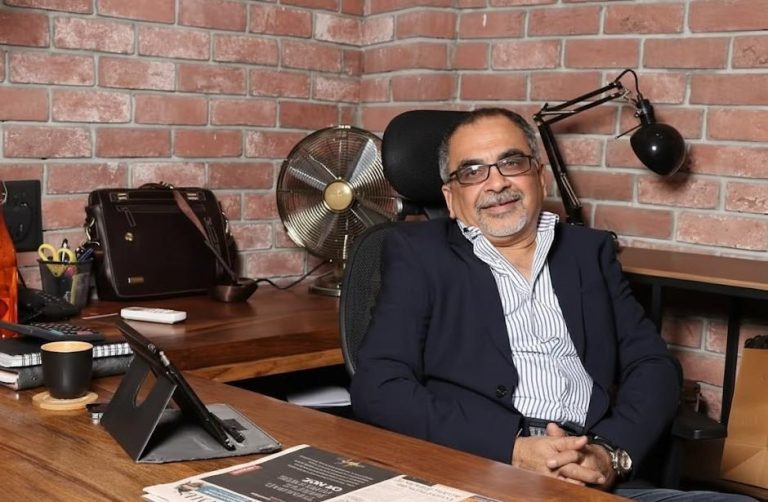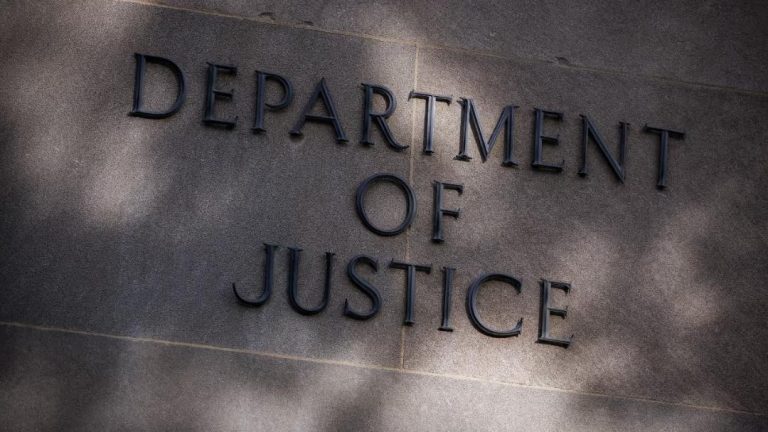
Bank of Baroda Manager on Notice Period Dies by Suicide Inside Branch Over Work Pressure
The tragic news of a Bank of Baroda manager taking his life by suicide inside the branch premises has sent shockwaves across the country. Shiv Shankar Mitra, the manager of a Bank of Baroda branch in Maharashtra’s Pune, reportedly died by suicide on Thursday, citing work pressure as the reason.
According to reports, Mitra had resigned from his position on July 11, citing health issues and workload. Despite his resignation, he was still working on his notice period and was present in the branch on the day of the incident. The police investigation revealed that Mitra had asked all staff members to leave the premises, saying he would close the branch.
The incident has raised concerns about the mental health of employees in the banking sector, particularly those who are expected to handle high-pressure jobs. Bank of Baroda, as one of the largest public sector banks in the country, has a responsibility to ensure the well-being of its employees.
The incident is a stark reminder of the need for banks to prioritize employee mental health and well-being. Banks are notorious for their high-stress environment, where employees are expected to work long hours and meet tight deadlines. This can lead to burnout, anxiety, and depression, which can have devastating consequences.
The case of Shiv Shankar Mitra is a tragic reminder of the consequences of neglecting employee mental health. Despite resigning from his position, Mitra was still expected to work on his notice period, which would have added to his stress levels. It is heartbreaking to think that he felt he had no other option but to take his life.
The incident has also raised questions about the support system in place for employees who are struggling with mental health issues. Did Mitra receive adequate support and counseling during his notice period? Was he offered any resources to help him manage his workload and stress levels?
The banking industry is not immune to the mental health crisis that is affecting millions of people around the world. According to a report by the World Health Organization (WHO), one in four people will experience a mental health disorder each year. The banking sector, in particular, is known for its high-stress environment, which can exacerbate mental health issues.
In recent years, there have been several instances of bank employees taking their lives due to work-related stress. In 2019, a bank employee in Mumbai took his life after being asked to work on a Sunday. In 2018, a bank manager in Delhi died by suicide after being asked to meet a tight deadline.
The incidents are a wake-up call for banks to take employee mental health seriously. Banks need to recognize that mental health is just as important as physical health and provide adequate support to employees who are struggling.
In the aftermath of the incident, Bank of Baroda has announced an investigation into the circumstances surrounding Mitra’s death. The bank has also promised to provide counseling and support to employees who are struggling with mental health issues.
The incident is a stark reminder of the need for banks to prioritize employee mental health and well-being. Banks need to create a culture that supports and encourages employees to seek help when they need it. This includes providing access to counseling services, stress management programs, and flexible working arrangements.
As the banking industry continues to evolve, it is essential that banks prioritize employee mental health and well-being. This means going beyond the minimum requirements and providing a supportive environment that encourages employees to thrive.
The tragic death of Shiv Shankar Mitra is a reminder that mental health is a critical issue that affects us all. As a society, we need to recognize the importance of mental health and provide adequate support to those who are struggling.
Source:






